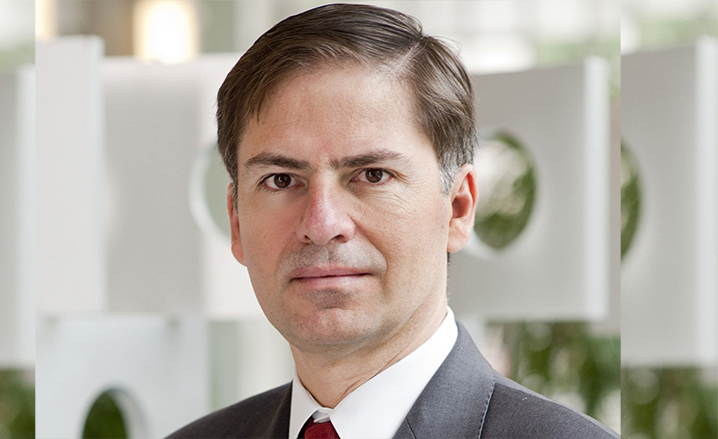The World Bank is alerting the Caribbean and Latin America to the fact that the ensuing Covid-19 pandemic is likely to significantly increase the size of the poverty footprint on the region than that which had obtained prior to its advent.
A recent report by the Bank says that the pandemic has already removed 4.7 million people from the region from what is designated as the middle class and deposited them in vulnerability and poverty, effectively reversing several decades of social gains.
The World Bank estimates that while, over the past two decades, the number of poor people in the region fell by half, growth has stalled in recent years with Latin America and the Caribbean being one of the hardest hit in terms of health and economic costs arising out of the still-rampaging pandemic. It says that last year the middle class in the region fell to 37.3% of the population, the vulnerable class rose to 38.5% while the poor made up 21.8% of the population in Latin America and the Caribbean. In 2020 the middle class fell to 37.3% of the population, the vulnerable class rose to 38.5% and the poor made up 21.8% of the population in Latin America and the Caribbean.
Carlos Felipe Jaramillo, a senior World Bank official is quoted as saying that “Latin America and the Caribbean region is at a crossroads, and the reversal of hard-won social gains is at risk of becoming permanent unless bold reforms are carried out. Noting that the emergency cash transfer supports that helped lessen the impact of the pandemic “will not be sustainable for too long” the senior World Bank official declared that the region needs to “move forward with policies that will ensure a strong recovery and bring about a more sustained, resilient and inclusive growth that will combat persistent poverty and inequality.”
Up until now, mitigation measures including social protection programmes may have helped limit the negative impacts in the short term, but the Bank is quick to add that in the absence of a fast and inclusive economic recovery and similar levels of mitigation measures, poverty may rise again in 2021. Meanwhile, ensuring broad access to vaccines, developing efficient and effective systems to distribute and administer them and fortifying health systems across the region will be key contributors to the recovery of the region.
According to the World Bank, the crisis has magnified the damaging effects of inequality in the region with more than 50% of the population having to earn a living in the informal sector. Nine out of 10 workers living in poverty are in the informal sector, and nearly a third are self-employed. “Those who were worse off to begin with will likely be the most affected, leading to increases in income inequality in an already very unequal region,” Ximena Del Carpio, Practice Manager for the World Bank Poverty and Equity Practice Group says, adding that “access to basic services such as electricity, adequate water, sanitation, and even the internet has become even more essential under lockdown measures.” To add to their woes, less than one in four poor households have adequate sanitation, nine per cent do not have access to electricity, and only 25 per cent use the internet at home.”
The World Bank says, meanwhile, that with lockdowns having highlighted the importance of broad internet access and alternative methods of purchasing goods and services, countries in Latin America and the Caribbean should continue to invest in digital infrastructure to accelerate these changes and to enact legislation for the expansion of the digital economy. It also advocates the reassessment of existing social protection programmes in the region in order to adjust their reach and incorporate new beneficiaries. Income transfers, the Bank says, are helpful to provide vulnerable groups with some income security during containment periods, noting however that they are temporary and may not be sufficient to avert the sharp decline of the middle class.






